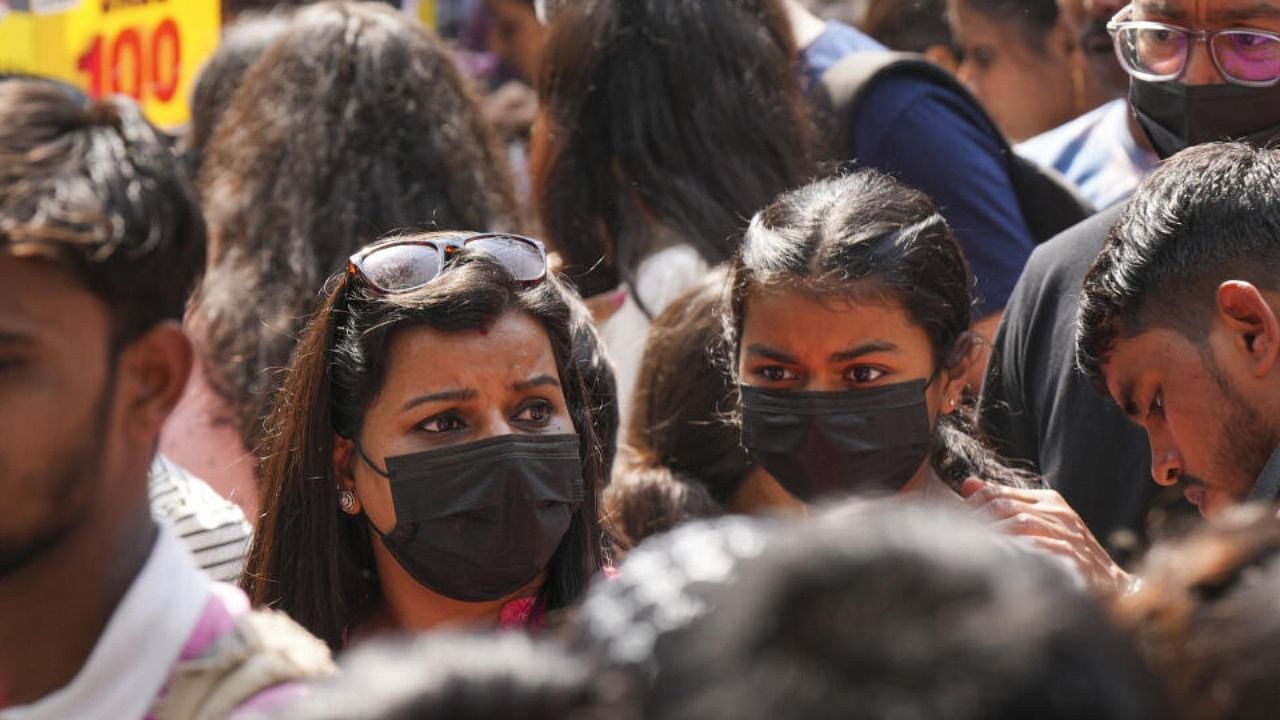
With India reporting more than 6,000 fresh Covid-19 cases, Union Health Minister Mansukh Mandaviya on Friday told states to identify “emerging hotspots” and increase genome sequencing to find out if the new spike is being caused by one of the emerging strains.
According to the Union Health Ministry, eight states are reporting a large number of Covid cases, with 10 or more districts registering over 10 per cent positivity in Kerala, Maharashtra and Delhi.
In Karnataka, Himachal Pradesh, Tamil Nadu and Haryana, more than five districts have a positivity of 5 per cent and above.
India’s Covid count has risen steadily over the last two weeks logging 6,050 new cases on Thursday after staying in the range of 3,000-plus for a week. But the number of hospitalisations remains low.
Average daily cases jumped to 4,188 in the week ending April 7, 2023 from 571 in the week ending March 17.
Mandaviya told health ministers of states to conduct mock drills of all hospital infrastructure on April 10-11 preceded by a review of health preparedness with district administrations on April 8-9.
He also urged the states to identify emerging hotspots by monitoring influenza like illness (ILI) and severe acute respiratory illness (SARI) cases by sending sufficient samples for testing.
Moreover, states have been asked to ramp up whole genome sequencing of positive samples and increase vaccination of the eligible population as the uptake of the third precautionary dose remains low. Also, there is a need to undertake more Covid testing since the average tests per million are below the national average for 23 states.
State ministers were informed that currently the World Health Organisation is closely tracking XBB.1.5 — named a variant of interest — while six others are being monitored (BQ.1, BA.2.75, CH.1.1, XBB, XBF and XBB.1.16).
The prevalence of XBB.1.16 has increased from 21.6 per cent in Feb to 35.8 per cent in March 2023, but with no evidence of an increase in hospitalisation or mortality.
